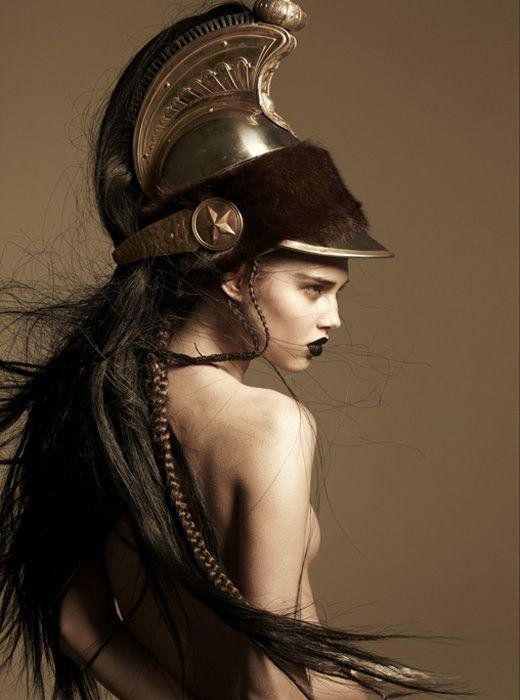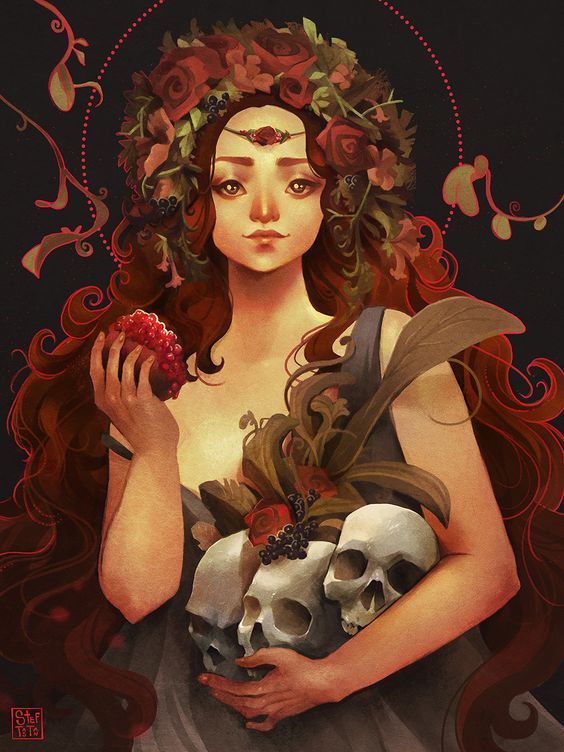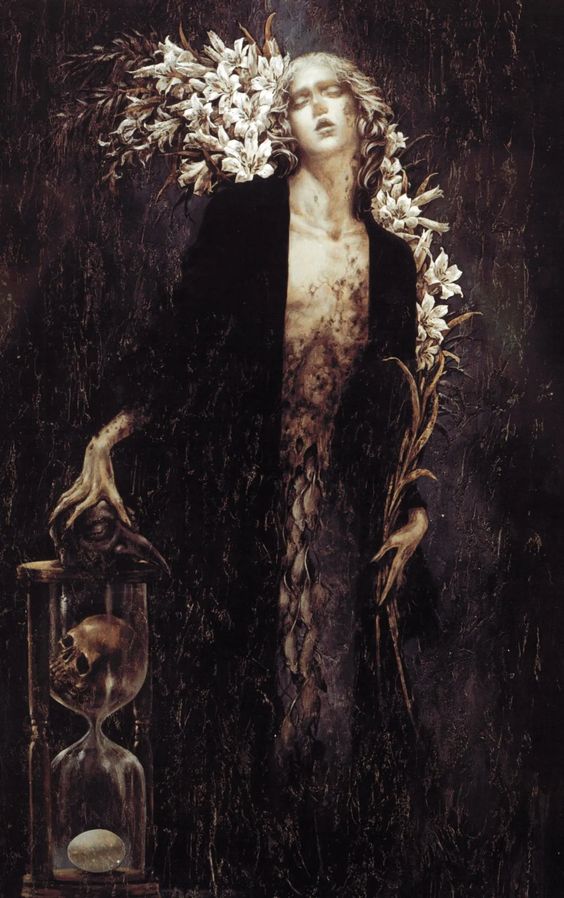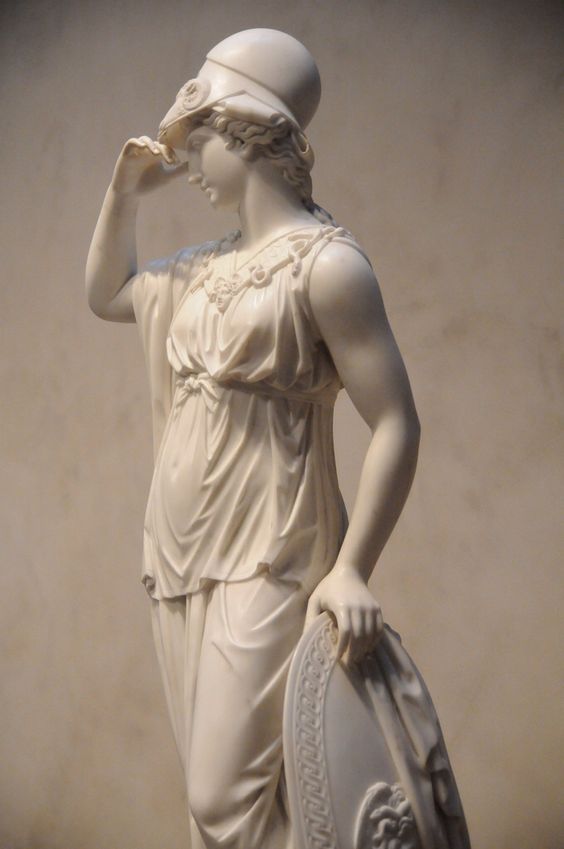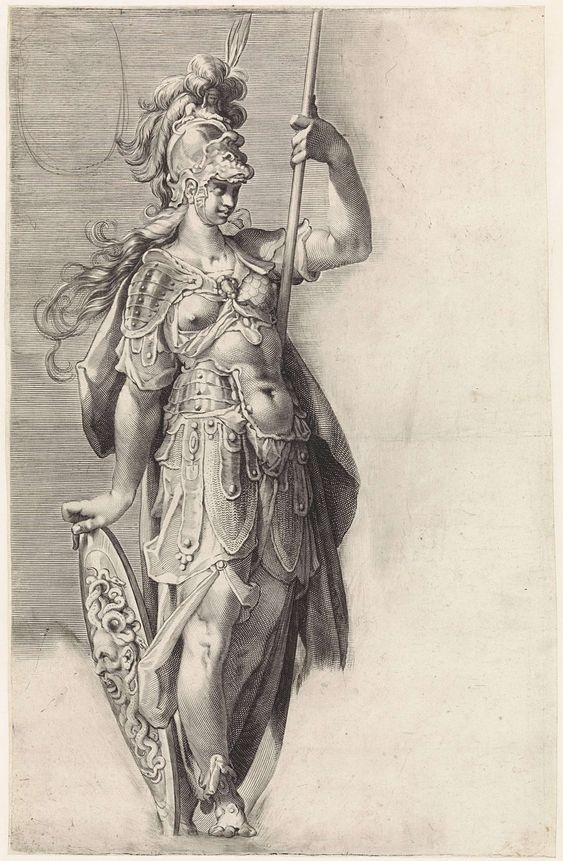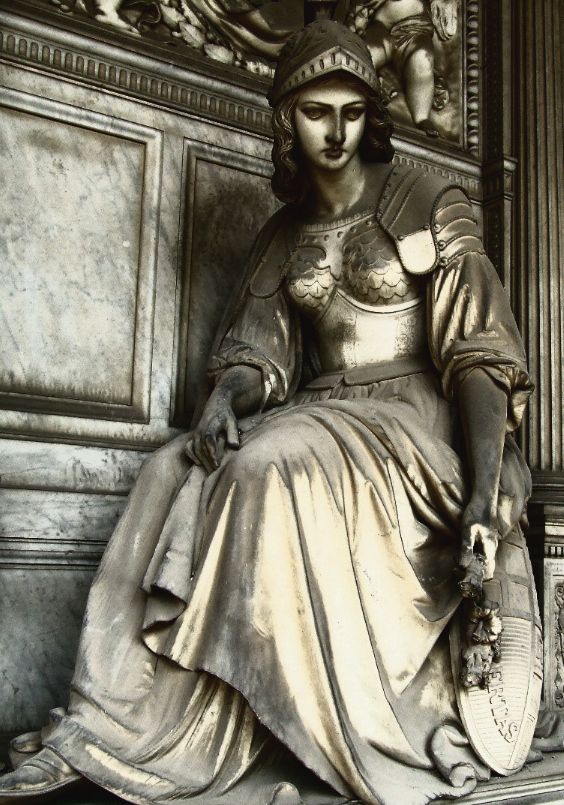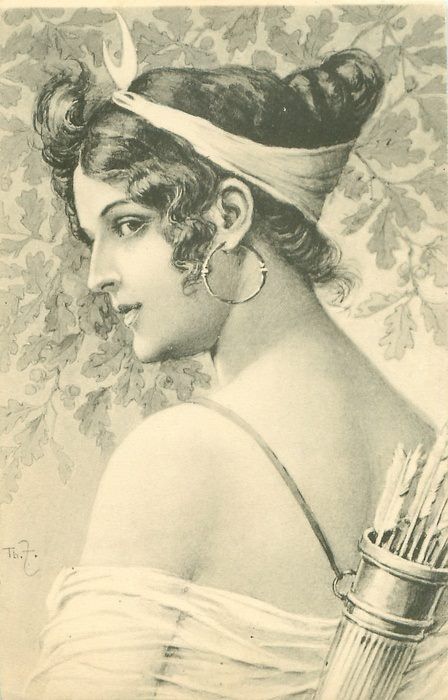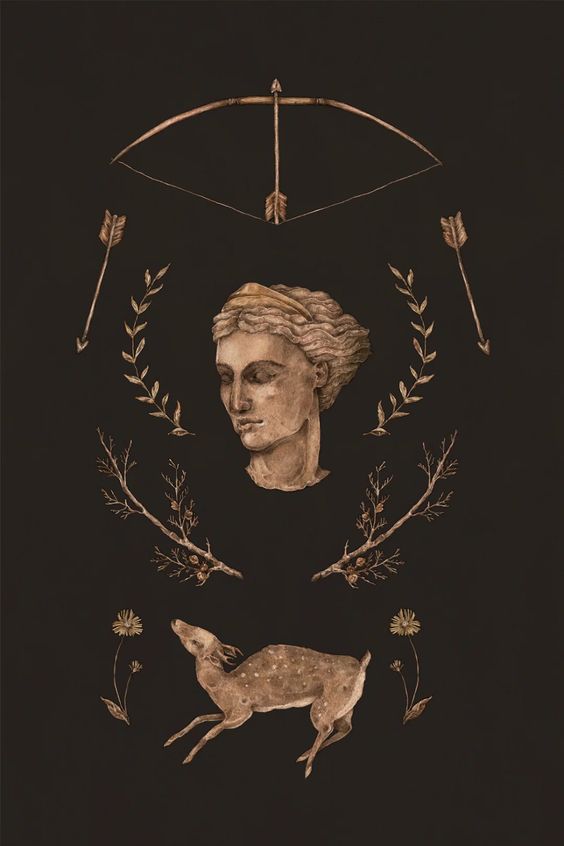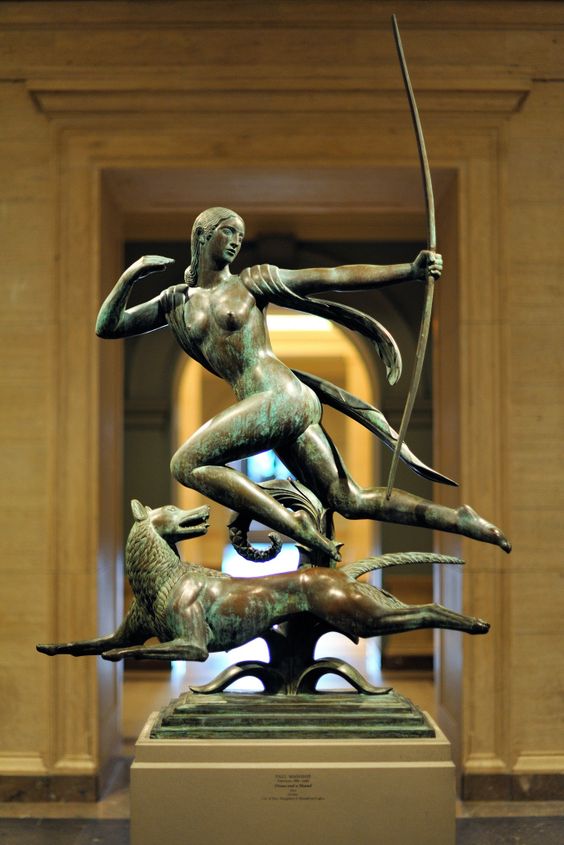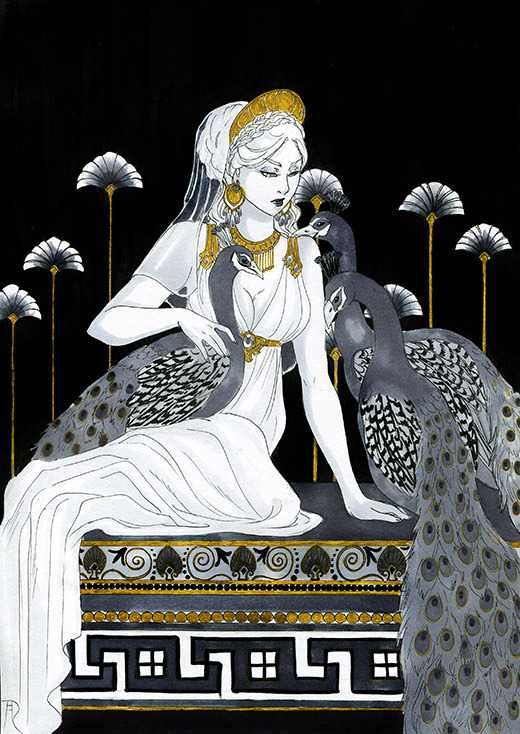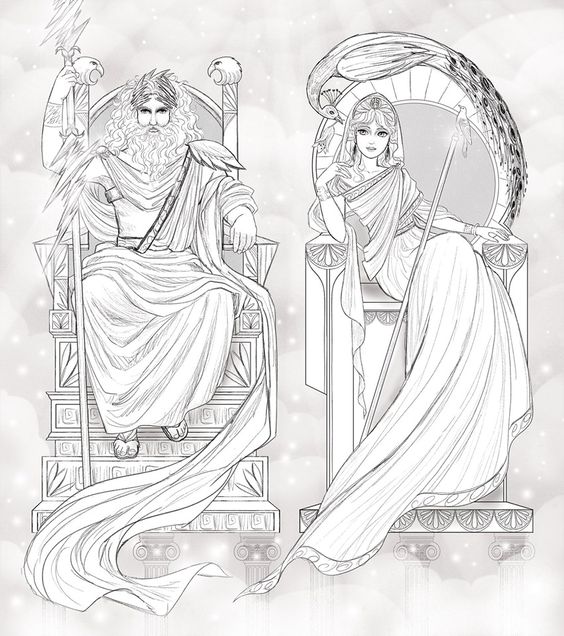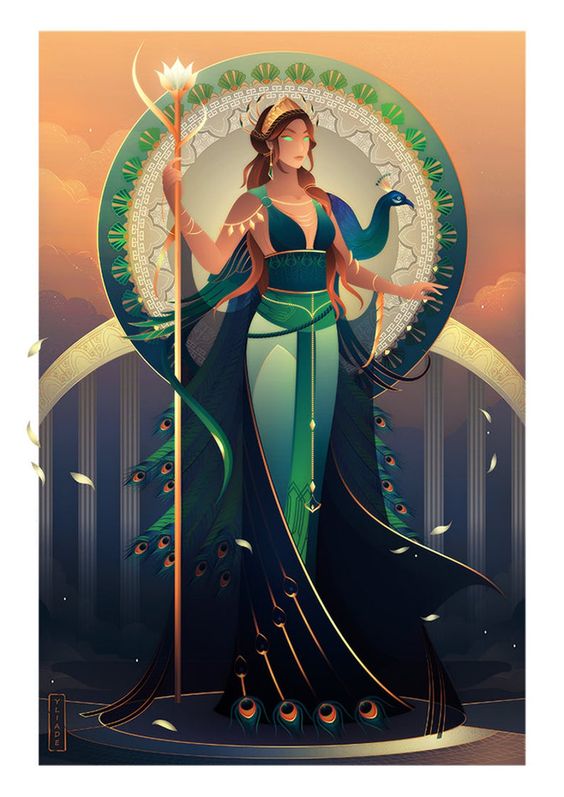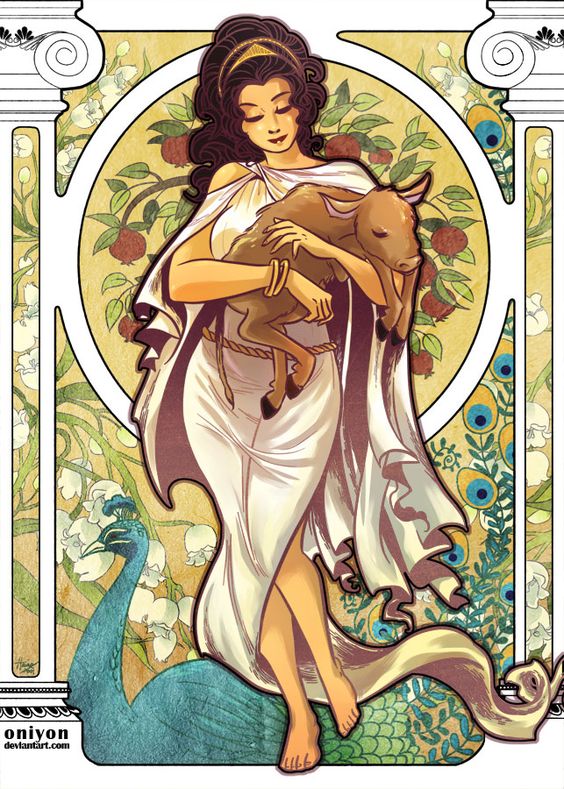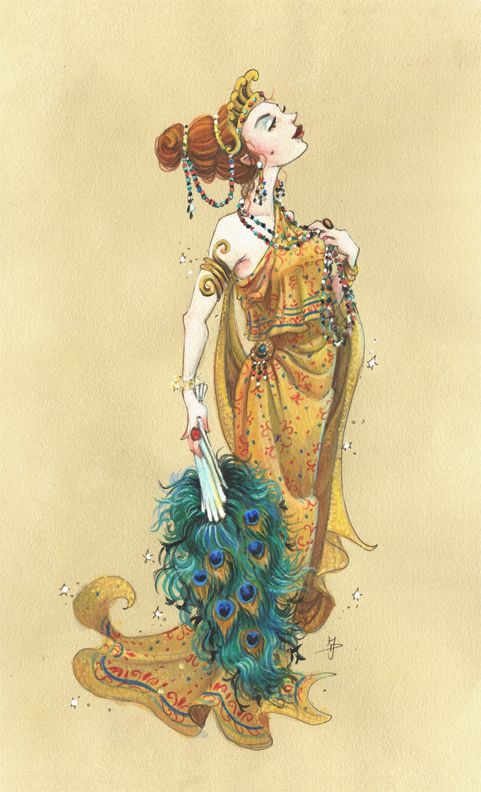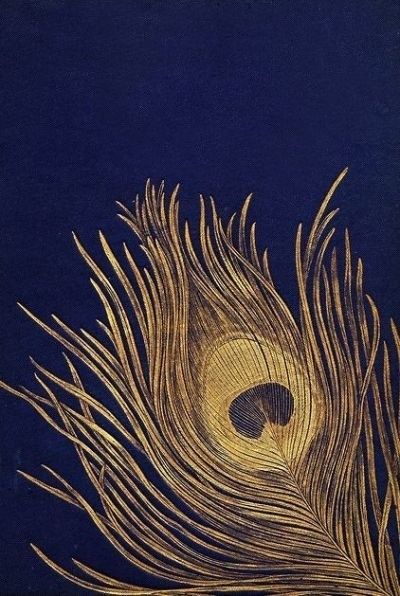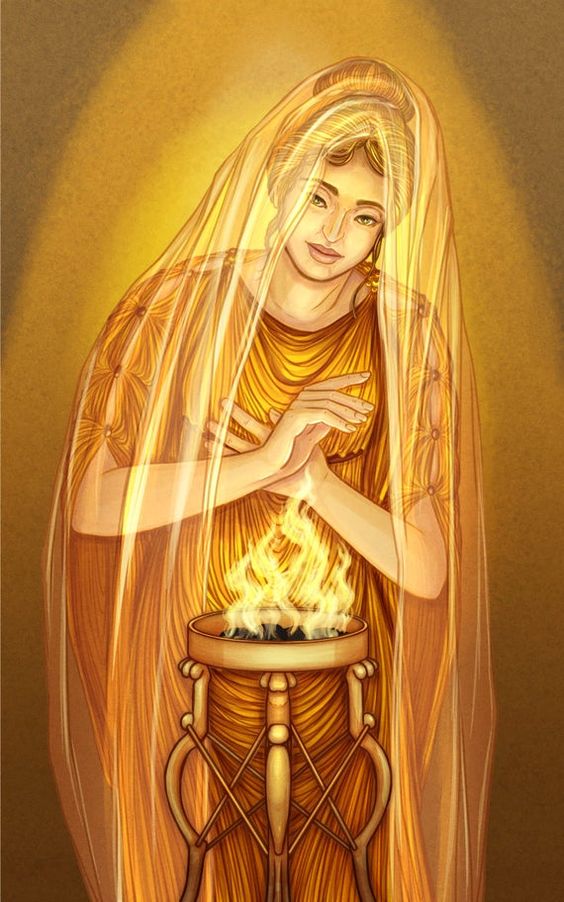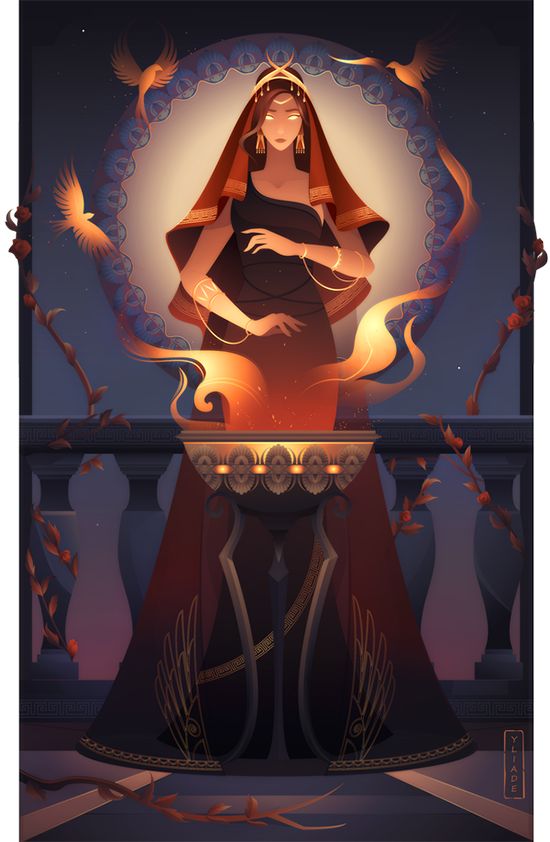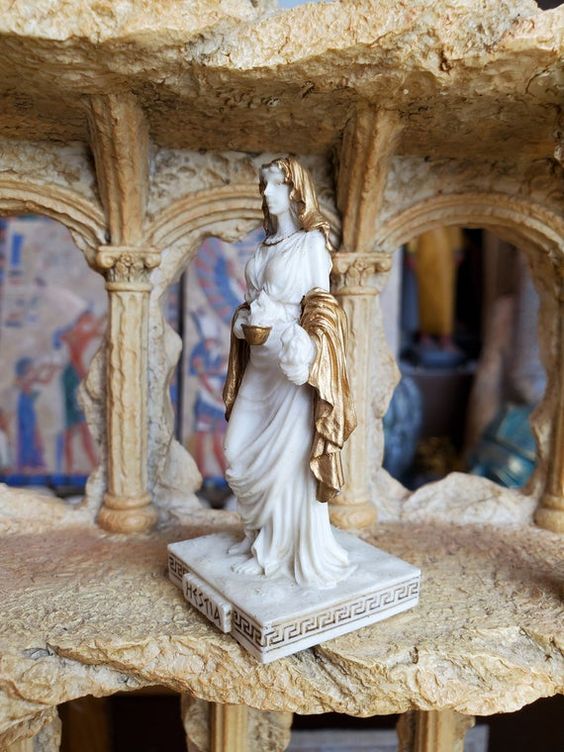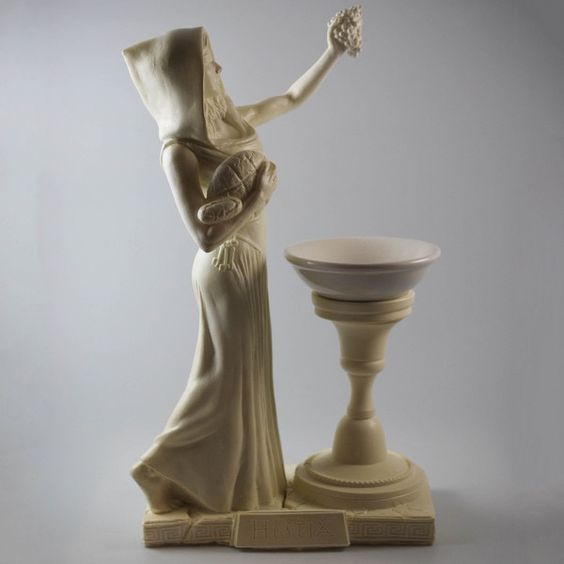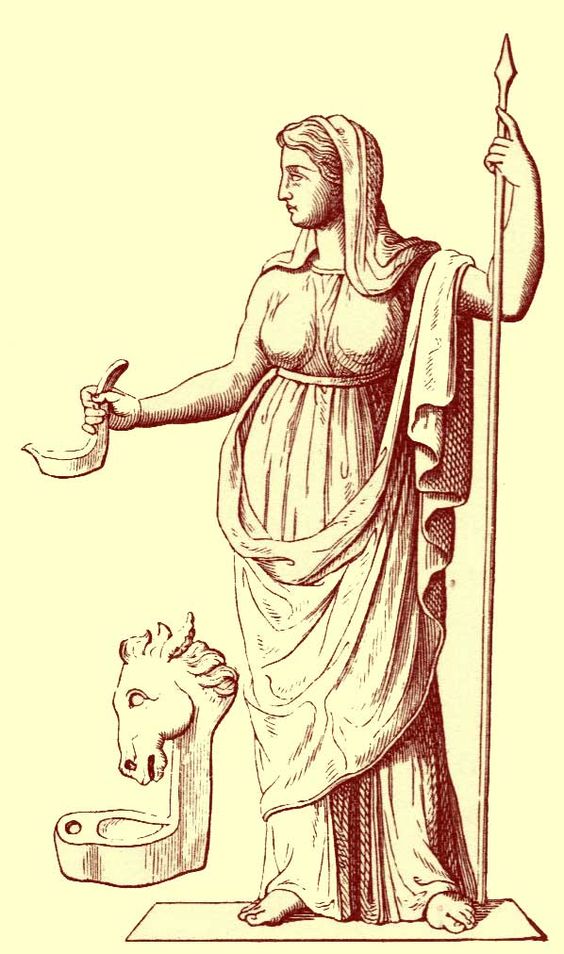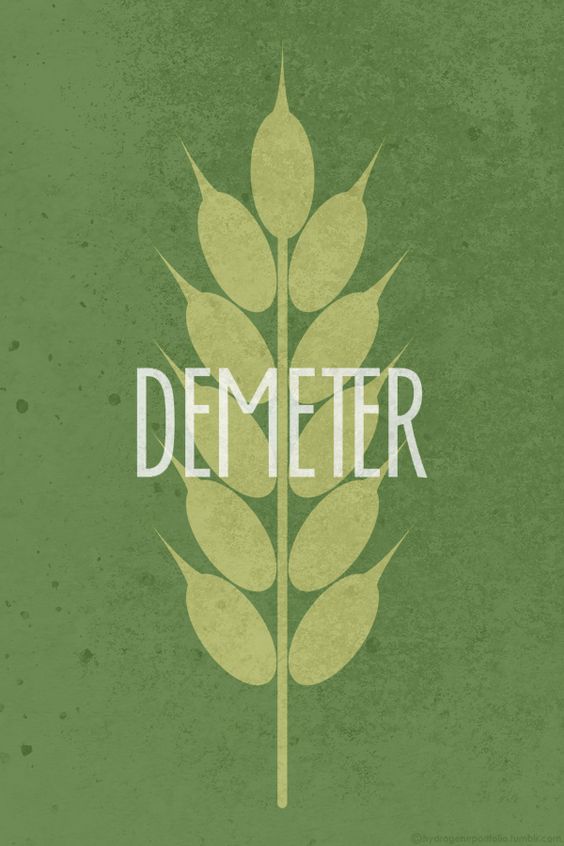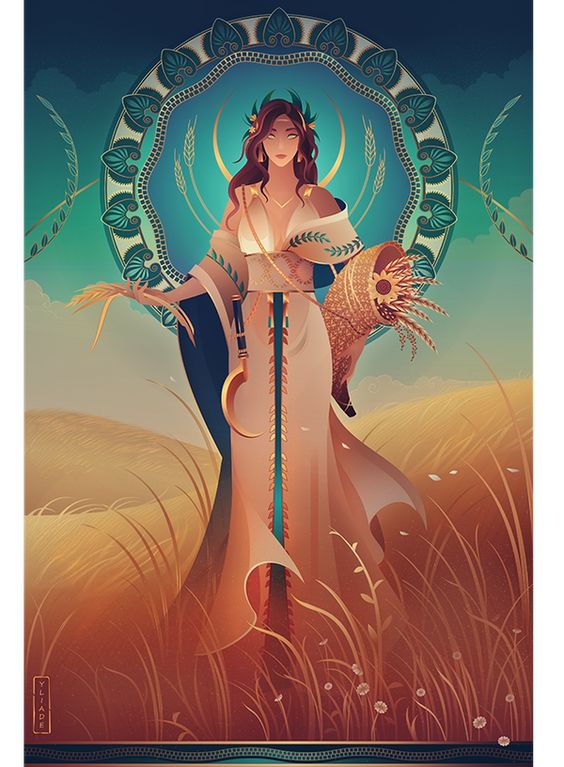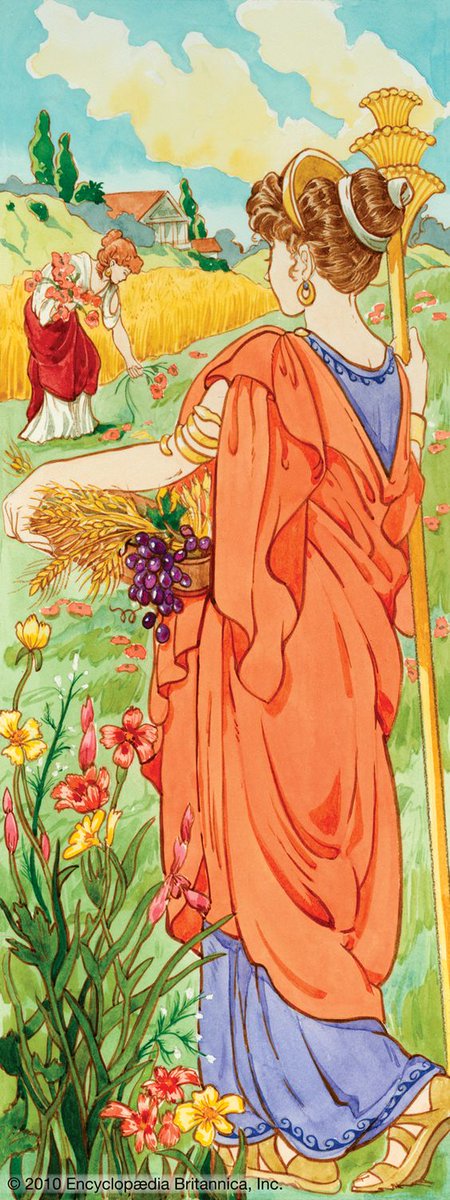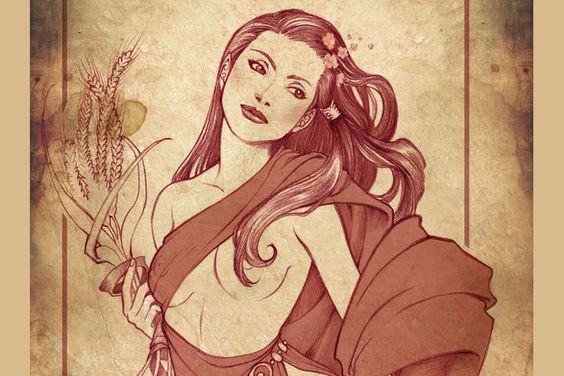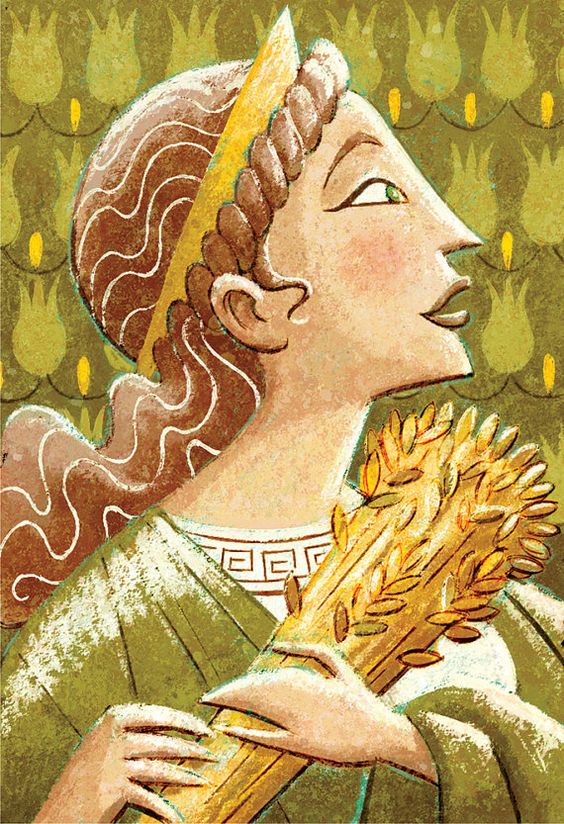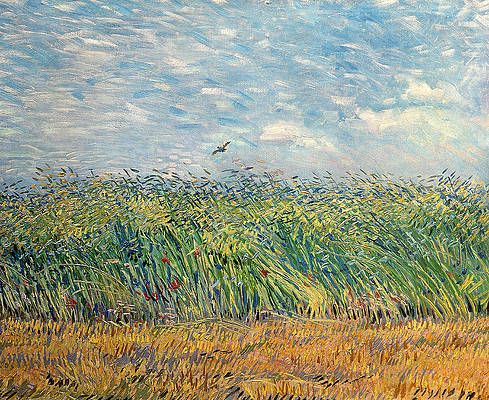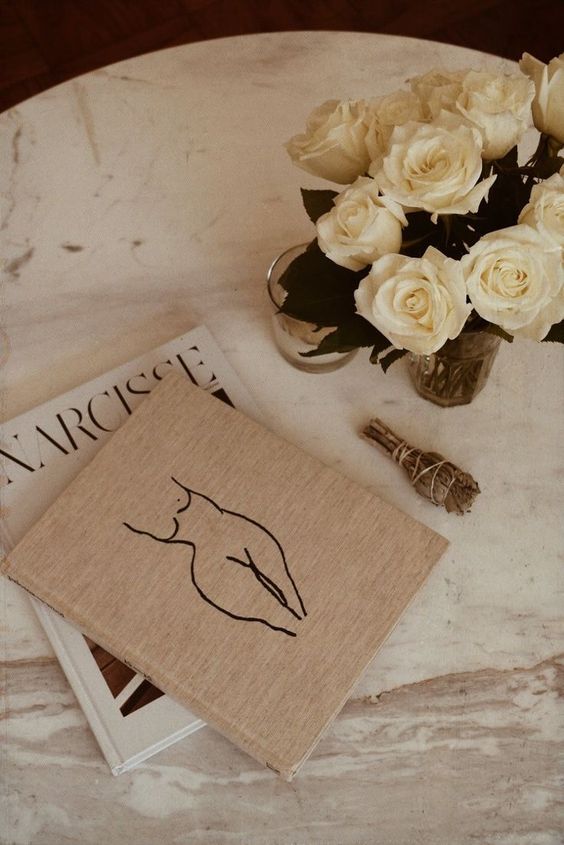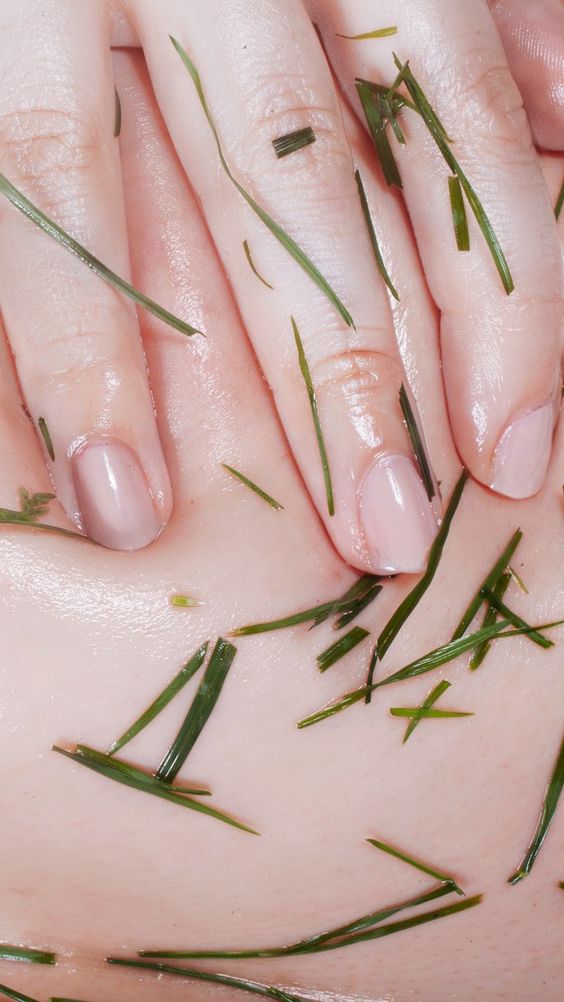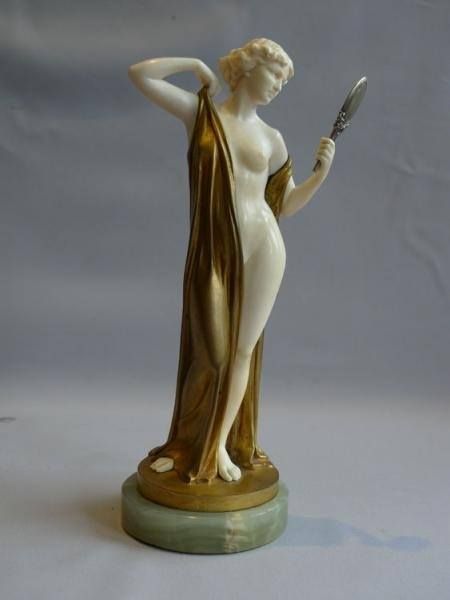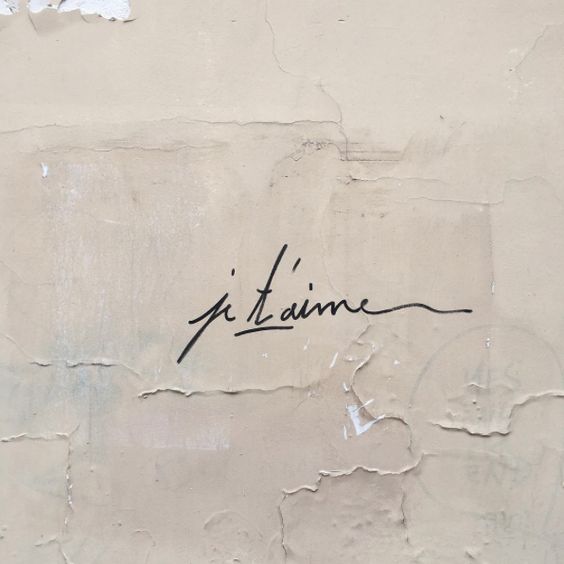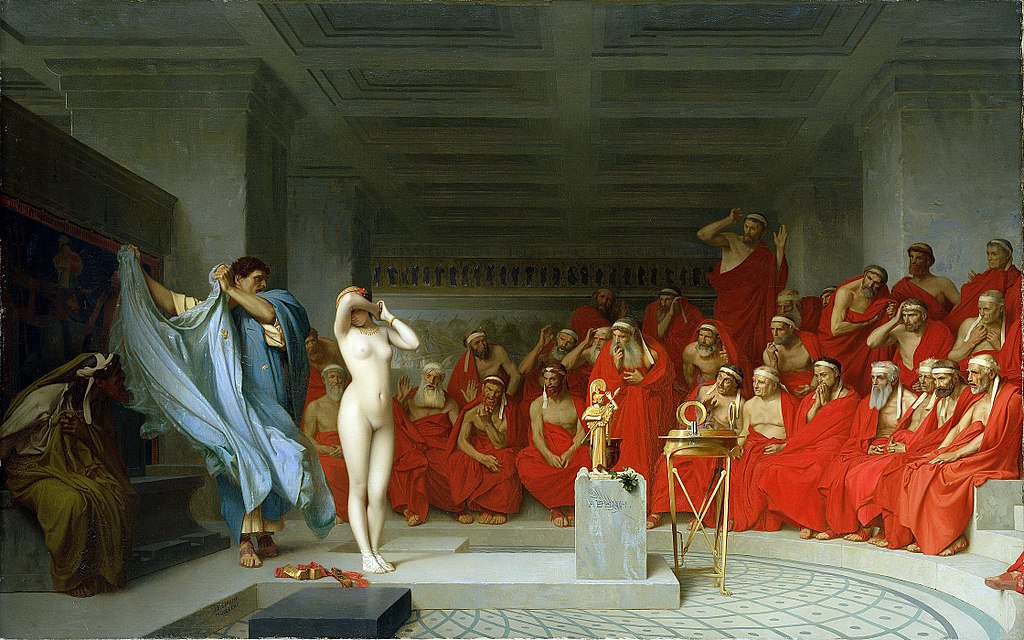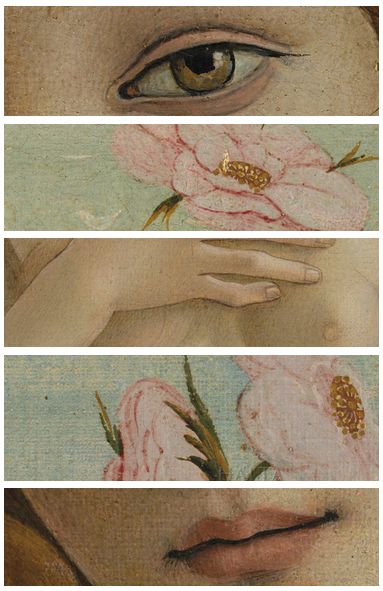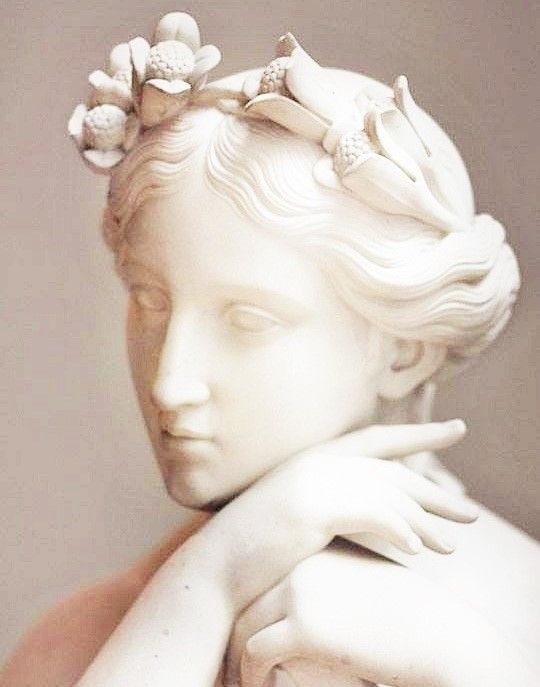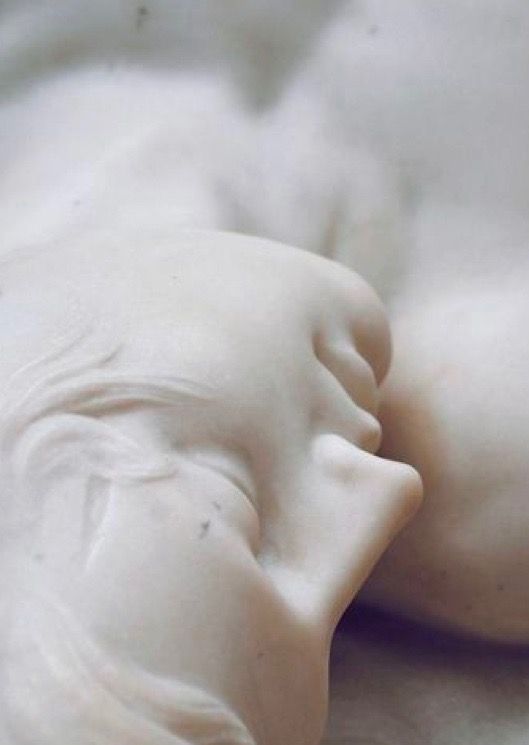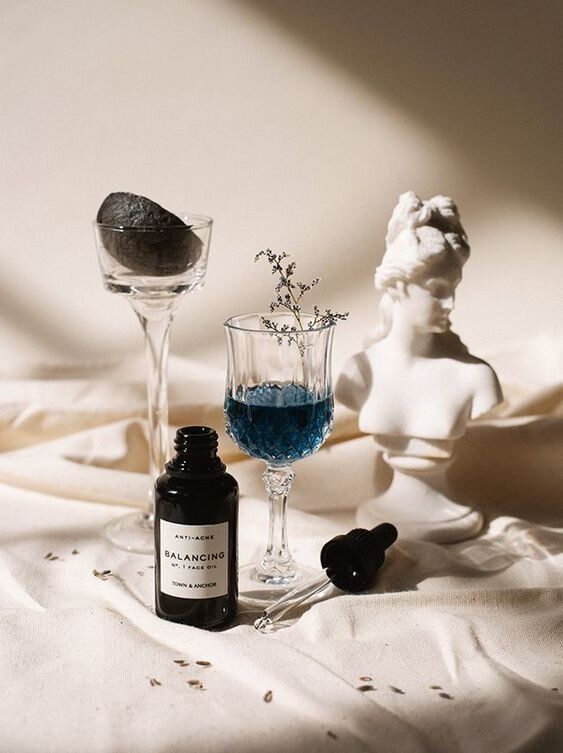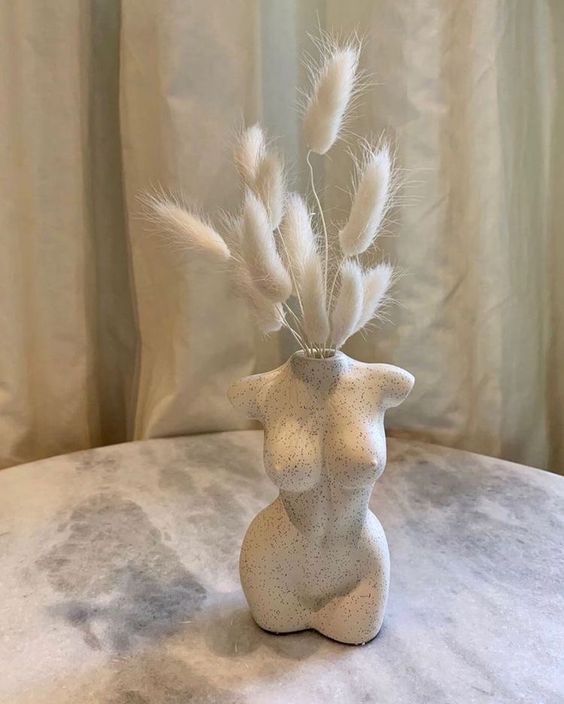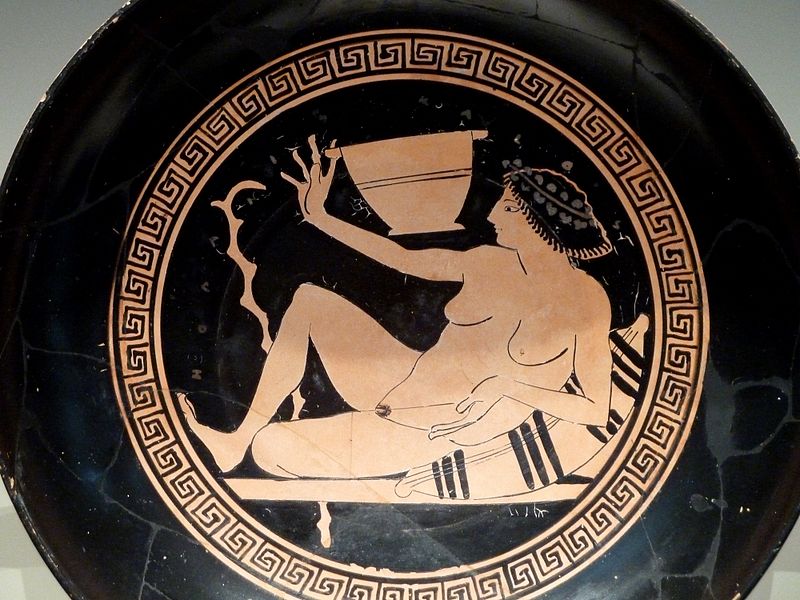Goddess Archetypes - A Thread
In Jungian psychoanalysis archetype represent universal, archaic symbols that exist in collective psyche. For example, we can observe certain archetypes - Mother, Trickster, Warrior in stories and myths of almost any culture.
In Jungian psychoanalysis archetype represent universal, archaic symbols that exist in collective psyche. For example, we can observe certain archetypes - Mother, Trickster, Warrior in stories and myths of almost any culture.
Using archetypes for a personal journey or personal psychoanalysis can be extremely useful because very often what we consider fate are those archetypal patterns playing out. In this thread I will focus on female archetypes and how they can be relevant for women and their lives.
Every once in a while, I will analyse a specific archetype, describe her traumas and what she must do to grow. More than one archetypes may be present in a woman's psyche. Jungian Jane Shinoda makes three categories of goddesses - Virgin, Vulnerable and Alchemical.
Virgin goddesses are those who define their identity outside of relationships, they have other pursuits. Vulnerable goddesses represent the three traditional roles for women - daughter, wife, mother and their well-being depends on having a significant relationships.
Aphrodite is the alchemical goddess in this categorisation - she is in relationships but she is the one who pursues them, she has many lovers and she pursues sensuality and intensity over anything long. She is in relationships but at the same time, she maintains her identity.
Many women relate strongest to the vulnerable goddesses, both because it is a perhaps natural inclination for many women but also because Virgin goddesses and Aphrodite did not have space in most cultural collectives. One may be seen as frigid, the other as siren, whore.
- The Maiden: Persephone -
The first goddess I shall analyse is Persephone, or simply the Greco-Roman embodiment of the Maiden archetype. As a vulnerable goddess, Persephone is motivated by rewards of a relationship. Persephone woman seeks to see dependent.
The first goddess I shall analyse is Persephone, or simply the Greco-Roman embodiment of the Maiden archetype. As a vulnerable goddess, Persephone is motivated by rewards of a relationship. Persephone woman seeks to see dependent.
Persephone, like other vulnerable goddesses have a mode of consciousness that raditates with acceptance and readiness for a relationship. She is receptive and notices the subtle around her. However because of her desire to depend on someone, Persephone is easily victimised.
A woman who is Persephone may often have dreams or fantasies in which she is the victim - they may dream of men breaking into their rooms. In those dreams those men may be the men whose criticism they fear. Their dreams often are placed inside of buildings and involves people.
- The Sage: Athena -
Athena is of the Virgin goddesses, those focused on their own path and not relationships. For some women, the rational Athena is part of their animus (the masculine side of the pscyhe), however, for some women she is part of her anima. How to tell it apart?
Athena is of the Virgin goddesses, those focused on their own path and not relationships. For some women, the rational Athena is part of their animus (the masculine side of the pscyhe), however, for some women she is part of her anima. How to tell it apart?
Whether Athena is part of woman's animus or anima (conscious feminine psyche), can often be told by woman's dreams. A woman who's anima identifies Athena, that is woman who is like Athena, will often dream of female sages & guides, the one who has in the animus will see a man.
A woman who is Athena archetype may be rational, strategic, hard working and capable of delivering results. She is able to detach from her emotions and she, like other Virgin Goddesses has a focused consciousness. This woman is usually well-read, a kind of a polymath.
Athena woman is highly devoted to wisdom and virtue. She is uncompromising and strict with her principles. She often easily makes friends with men and her intellectual, strategic skill usually also allow her to maintain a boundary in such relationship.
This woman excels at academics & politics. She is often the self-learned woman as well. Athena woman desires to live the "Golden Mean"; the perfect balance between emotion and logic, excess and frugality. She is a wise sage and often a stretegic ally to her partner.
Athena's challenge is that she might often spend too much time in her head and too little in her body. She may feel detached from her body and her sensuality. For a woman who is a strong Athena, cultivating the sensual and erotic Aphrodite may ease her anxiety.
- The Huntress: Artemis -
Artemis is Apollo's twin sister, and when she was born, she had to to be the one to help her mother Leto, deliver her twin brother. An experience that defines the Artemis woman as "The Big Sister" and her avoidance of vulnerability.
Artemis is Apollo's twin sister, and when she was born, she had to to be the one to help her mother Leto, deliver her twin brother. An experience that defines the Artemis woman as "The Big Sister" and her avoidance of vulnerability.
Artemis was still her father's favourite, another experience that is deeply important to women who identify with Artemis archetype. Artemis woman is competitive, wild, self-assured, forward moving and deeply individualistic. Romance is of secondary importance to her.
Artemis woman needs to feel she's her father's "special one", if she feels criticised by her father, which she often may because of her wild nature, she usually internalises the criticism even though she remains cool outwardly. As a result she may miss out opportunities.
Protector of women and helper at birth, Artemis helped nymphs when they were at risk of being raped and surrounded herself with them. She may often be "The Older Sister" to other women - dedicated to protect them from abuse. We see Artemis archetype in women's rights movements
Artemis woman may be very vocal in her defense of women and in myth of Iphagenia we see her dual nature in this aspect. When she orders Iphagenia to be sacrificed, there are two outcomes: Artemis allows Iphagenia to die or she is saved by Artemis and made her priestess.
In her attempt to free the women - she may rescue the feminine or she may, projecting her own fear of vulnerability, seek to destroy the vulnerable, dependant feminine roles of wife & mother. Artemis' destructive rage is the biggest part of her shadow.
The patter of Apollo - Artemis is what often may appear in Artemis' woman's life. She may often have "sisterly" bonds with men where she plays with them. She may remain friends with an ex who's find a new woman he likes more now. She enjoys "the hunt" more than the relationship.
As they age, Artemis women may fall into crisis once all "the forests" have been explored and all the battles & races won. Artemis often doesn't marry & usually finds a creative expression. If woman also has Demeter in her psyche, the woman may desire children in her 30's.
- The Queen: Hera -
Regal, beautiful, lush and proud Hera was the Queen of Heaven and wife of Zeus. She was the goddess of sacred marriage. The queenly Hera archetype shows up in women, most often, in form of a wife - she desires a Zeus to go through life with.
Regal, beautiful, lush and proud Hera was the Queen of Heaven and wife of Zeus. She was the goddess of sacred marriage. The queenly Hera archetype shows up in women, most often, in form of a wife - she desires a Zeus to go through life with.
When a woman's psyche is dominated by Hera, she, like her Olympian twin, seeks fulfilment through marriage. A Hera woman may feel deep emptiness if she is single, if she is incapable of finding a mate, as she cannot imagine life of being single.
Sacred marriage is an archetypal experience for a Hera woman - she feels like a queen on her wedding day and she gladly takes her husband's name. Living through marriage - socializing with him, being his support and ally. If husband is loyal and good, Hera woman flourishes.
However, another aspect of Hera shows up in both mythology and reality and that is her jealousy and rage. Hera sees other women, especially Aphrodites and single women as a threat and she usually does not have female friends - if she does, she only meets other married women.
If she suspects that her husband is cheating or she feels threatened by another woman, she often will not express her anger to her husband, rather she will seek to punish the other woman or the children may have had with another woman.
Hera may often be successful in college, but for her college is a way of gaining status and finding a mate. She may excel at education or job, but she is never truly interested in that. Her main career is that of a wife. She will relocate, change jobs for her husband.
For a Hera woman, unless she is balanced by Hestia, widowhood may be the most difficult part of life. Hera is usually not maternal, children are secondary to her, she does not make female friends and has little relationships that are not her husband. This is period of depression.
When Hera woman goes through this she must remember Hera's potential for rebrith - Hera was worshiped as Maiden - Queen - Widow every year, representing her death and rebirth. Jungian psychiatrist Shinoda tells about a patient - a Hera woman who dreamt she menstruated again.
The woman was not menstruating for ten years and her dream of menstruating again was an archetypal Hera experience - of her grieving for her husband ending and her being reborn as a maiden once again.
- The Mystic: Hestia -
The oldest of the Olympians, Hestia is the Virgin "Lady of the Hearth". The calm Hestia is rarely shown in form, she is simply embodied as a flame. Woman who has Hestia in her psyche seeks to transcend the banality of daily life.
The oldest of the Olympians, Hestia is the Virgin "Lady of the Hearth". The calm Hestia is rarely shown in form, she is simply embodied as a flame. Woman who has Hestia in her psyche seeks to transcend the banality of daily life.
Apollo and Poseidon both wanted Hestia - but she rejects them both. This is a Hestia woman's symbolic rejection of masculine reasoning (Apollo) and the chaotic emotion (Poseidon). Remaining rooted in herself is more important to her than relationships, hence she remains a virgin.
A Hestia woman is motivated to keep her inner flame intact and "never penetrated". She does not care for earthy pursuits - be it career, relationships or anyhting else. She may take these roles but inside she always remains faithful to herself & untouched by the external world.
For Hestia, her space is holy - she keeps everything in order and she is the "soul" of any space she is in. Demeter may keep a home for her kids, Hera for her husband, but woman can know she is Hestia if she prepares elaborate meals even if she is the only one to eat.
Hestia women are often deeply spiritual or religious women - they often become nuns or join ashrams. They are usually great mothers and wives but since they are not motivated by motherhood or marriage, they do not experience grief after children leave or husband dies.
Hestia may also often remain unmarried and not have a problem with it. In old age she is often the place's "old wise woman" - she is known for her wisdom and calm presence and people often seek her for the wise and balanced advice. A priestess, a midwife is often Hestia's role.
- The Mother: Demeter -
The Thesmophoros or the Bringer of the Divine Law, Demeter is a matriarchal, agricultural goddess. She is the mark of civilized existence and of cultivation of agriculture, she is abundance, fertility, nurture, growth and sacred law.
The Thesmophoros or the Bringer of the Divine Law, Demeter is a matriarchal, agricultural goddess. She is the mark of civilized existence and of cultivation of agriculture, she is abundance, fertility, nurture, growth and sacred law.
Women who have Demeter active in their psyche are just like the goddess - they are earthy, dependable, nurturing, and hard working. They strive in professions of care - they are often social workers, therapists, nurses. Being a mother, is naturally, the most important for her.
Demeter women may very early feel the need to be pregnant, sometimes driven by this need, they may often subconsciously try to get pregnant at a very young age - even if the man is not present. Her main relationships are her children and man is often just a way to get children.
As soon as Demeter woman has a child, she makes it clear that it is her central relationships. She devotes all her time to her children, protects them and feeds them. She often takes the role of the overly protective mother in this role as well. Demeter needs others to need her.
Demeters are archetypal matriarchs - they are generous but they also want to keep things under control. These women often create small matriarchal clans. They are close with other women and generally see men as "little children". This view of men often plays in her relationships.
A Demeter woman, unlike Hera, who is driven by status and goes for a powerful man, does not care about it. As she sees men as "children", she often seeks a man who she will be able to mother. Those are often sensitive, dependent men. She may also be with a typical "family man".
Sexuality, for Demeter, is for children. She may often have puritanical views towards sex. For most Demeter women the most sensual experience is actually the moment when they breastfeed their children. She may feel powerful, like a goddess on her throne while feeding her infant.
Demeter, has the other side too - she can often be the mother who subconsciously sabotages her children because she needs them to depend on her. She may often not be aware of the negative impact she has on them as she generally has good intentions.
Demeter has a trouble saying no to her children and they often can grow to be entitled and spoiled. When the children leave the home, Demeter faces the most difficult part of her life - the depression that can occur at this time can often even hospitalize her.
When her beloved Persephone is abducted, Demeter fell into grief. Famine took over humanity. Eventually, gods allowed Persephone to see her mother. Demeter is generally always of service, she is the woman who always gives an extra hour, but she is assertive about her children.
The cure for Demeter's depression is in her acceptance of life's seasons - she then embraces her empty nest, and finds a new meaning, a new spring. She may be an inspired teacher, a leader of her community, or may physically, emotionally and spiritually, nourish other people.
- The Lover: Aphrodite -
The most beautiful of Olympians, desired by gods and mortal, Aphrodite is the goddess of love, beauty, and sexuality. Depending of the version, she was born out of Uranus' penis when it fell into Ocean or she is a daughter of Zeus and Dione.
The most beautiful of Olympians, desired by gods and mortal, Aphrodite is the goddess of love, beauty, and sexuality. Depending of the version, she was born out of Uranus' penis when it fell into Ocean or she is a daughter of Zeus and Dione.
Aphrodite stands right between vulnerable goddesses, who find meaning in relationships, and virgin goddesses who are driven by personal pursuits - Aphrodite seeks relationships yet she is never victim of men. She seeks emotional connection & intensity, yet she is detached.
Aphrodite woman is driven to pursue emotional connection & intensity. She is not interested in long relationships unless Hera is also present. She is passionate, sensual, intense, witty and charming. Her magnetic personality draws people in even if she is not top tier beauty.
She is interested in people, in the "juice of life". The lust of life consumes her and she goes towards people and intensity in order to get the juice of life and connection she dearly desires. She may drop the partner once the passion wanes or he stops being god for in her eyes.
Aphrodite woman often is the "vision carrier"; Levinson says that in a creative young man's life there is a phase in which such a woman enters his life, makes him believe in himself and as a result, he becomes the man he dreamed of being. She is the "hetaria woman".
This happens because of the special mode of consciousness Aphrodite women have. Their consciousness is that of "Limelight". They shed light, like on a stage, on that which is seemingly ordinary, and through alchemical process, make it into drama, volcano of emotion, gold.
Aphrodite women usually have a higher libido than other women, they are extremely orgasmic and because of that they may seek casual sexual relationships. They need the intensity, the connection of the sexuality and she, if unaware, may seek it against her better judgment.
The intense eros can also make an Aphrodite woman completely absorbed in a creative process - any creative process is perfect example of emotional involvement yet at the same time, the objective distance she keeps. Aphrodite is like a more externally oriented Hestia.
At the same time, this same tendency can make Aphrodite woman be uninterested in anything she is not passionate about. She does not care for status or money, but she will do amazingly well in a pursuit that inspires her and that she truly loves.
Aphrodite woman's greatest challenge is to give up her tendency of getting addicted to people & intense emotions. Her ability to be present makes her inspiring, but she may often sacrifice future for the pleasure of the present. She must cultivate one of the virgin goddesses.

 Read on Twitter
Read on Twitter





